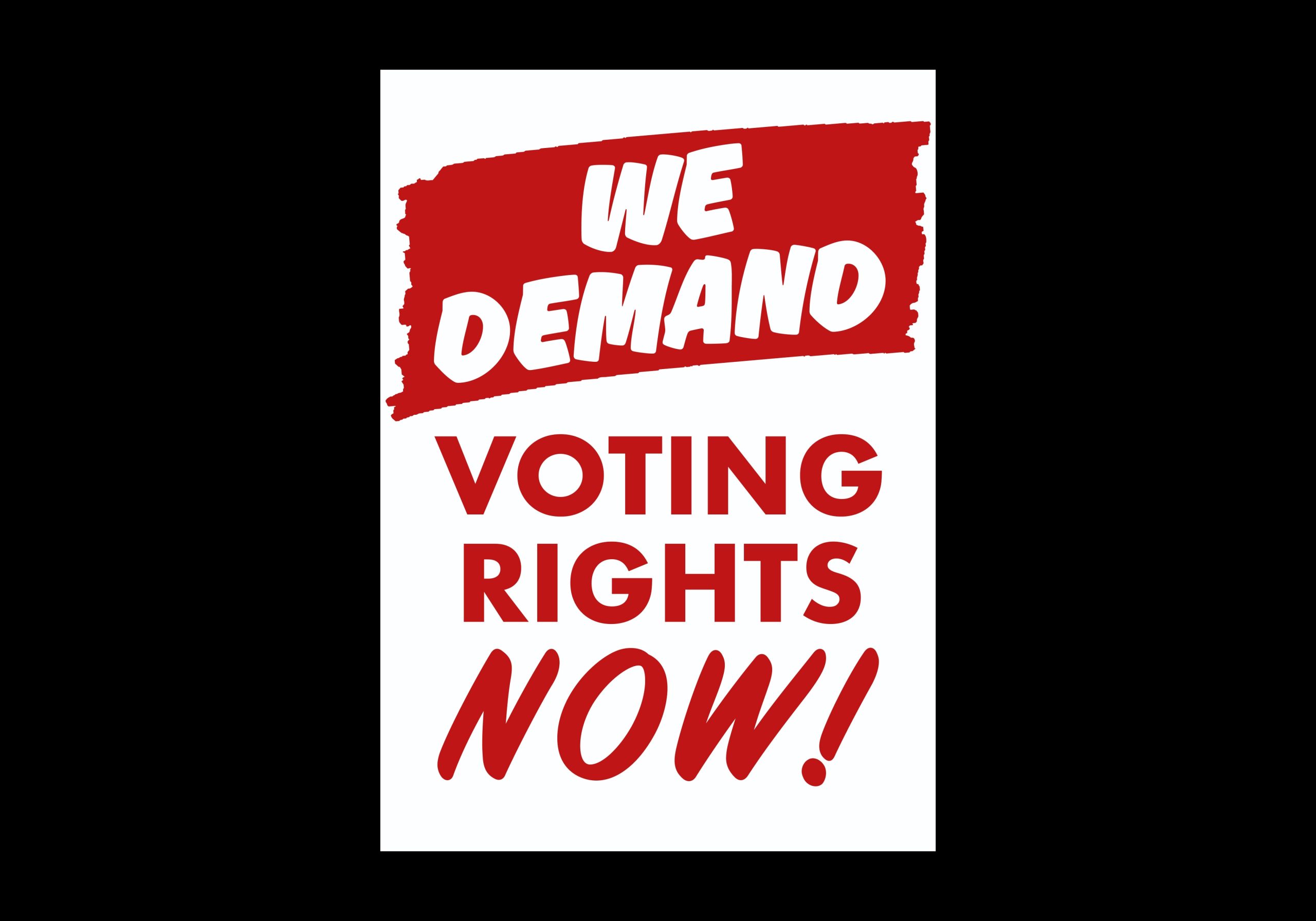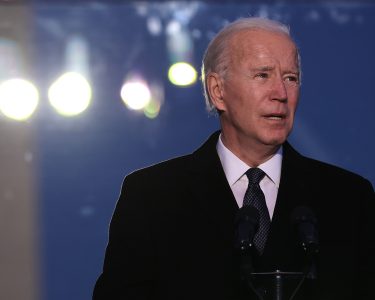The right to vote is one of the fundamental pillars of democracy. In America, however, this right has been a subject of controversy and debate since the founding of the nation. Historically, access to the ballot box has been limited for marginalized communities, including women, people of color, and those with lower incomes. Despite significant progress in recent decades, the fight for voting rights continues to this day.
In the wake of the 2020 presidential election, there has been renewed focus on the issue of voting rights in America. The election was one of the most contentious in modern history, with allegations of voter fraud and irregularities on both sides. In response, many Republican-led states have introduced new voting laws aimed at increasing election security.
Critics of these laws argue that they will disproportionately impact communities of color, students, and the elderly, who are more likely to face barriers to voting. For example, many new laws require strict voter ID requirements, which can be difficult for some people to obtain. Other laws limit early voting, mail-in voting, and same-day voter registration, all of which are important tools for increasing voter turnout.
Supporters of these laws, however, argue that they are necessary to protect the integrity of the electoral process. They argue that voter fraud is a real problem, and that these laws will help to prevent it. They also point out that many of these laws simply bring their state in line with others that already have similar regulations in place.
One of the most high-profile cases of the fight for voting rights in recent years was the Supreme Court’s 2013 decision in Shelby County v. Holder. This decision struck down a key provision of the Voting Rights Act of 1965, which required certain states with a history of discrimination to seek federal approval before changing their voting laws. The Court argued that this provision was no longer necessary, as the nation had made significant progress towards racial equality since the 1960s.
Critics of the decision argue that it has led to a wave of new voting laws that disproportionately impact people of color. They point to states like Texas and Georgia, which have introduced some of the most restrictive voting laws in the nation in recent years. In response, there have been widespread protests, boycotts, and calls for action from lawmakers at both the state and federal level.
One potential solution to the fight for voting rights is the For the People Act, also known as H.R. 1. This sweeping piece of legislation would expand access to the ballot box, limit the influence of money in politics, and increase government ethics and transparency. It has been hailed as one of the most comprehensive efforts to strengthen democracy in America in decades.
The bill has passed the House of Representatives, but faces an uphill battle in the Senate. Republicans have argued that the bill is overly partisan and would lead to voter fraud, while Democrats have argued that it is necessary to protect democracy from outside forces and to ensure that all Americans have an equal say in the political process.
In conclusion, the fight for voting rights in America is far from over. While significant progress has been made in recent decades, there are still many barriers that prevent marginalized communities from accessing the ballot box. The current debate over new voting laws and the For the People Act underscores the importance of this issue, and the need for a sustained effort to protect and expand access to voting rights for all Americans.




